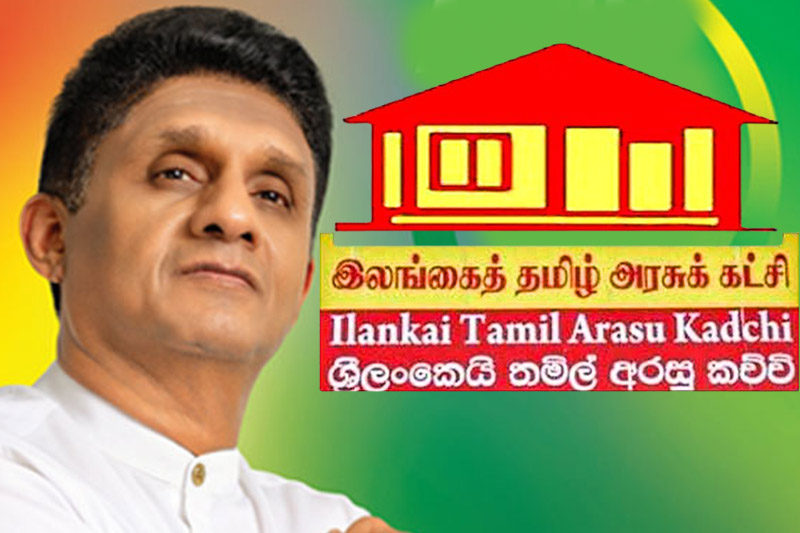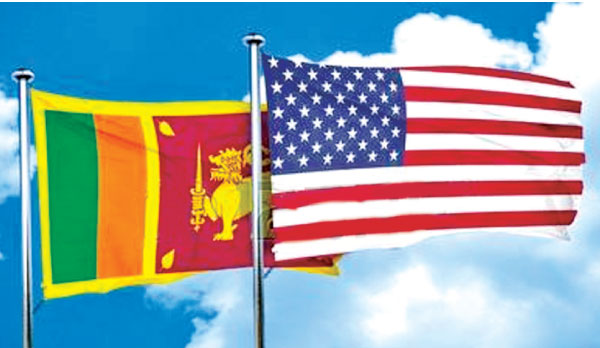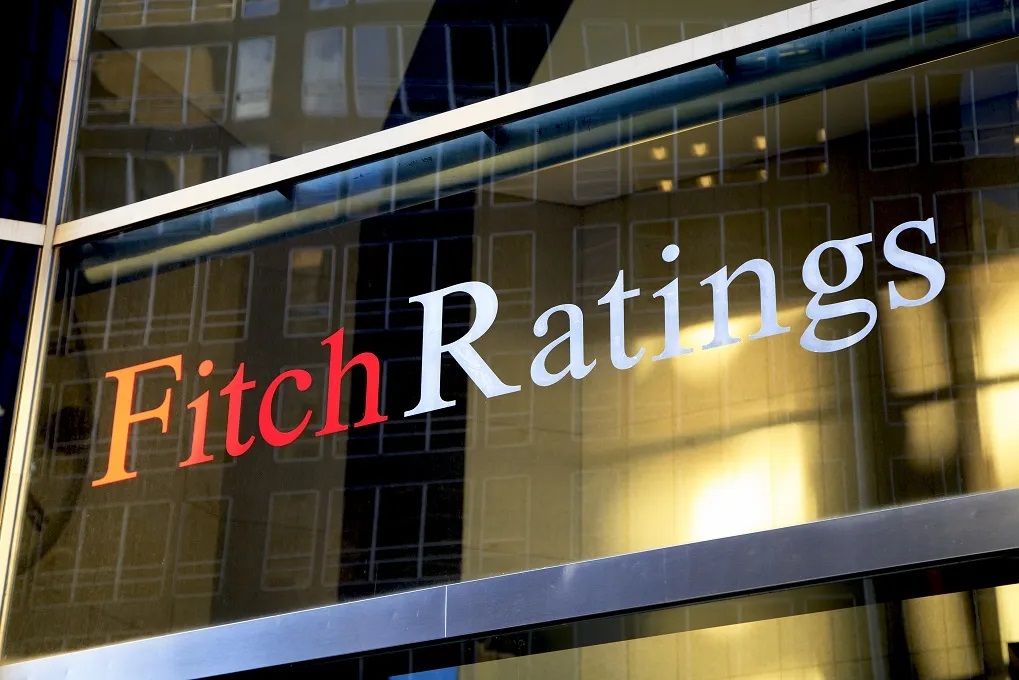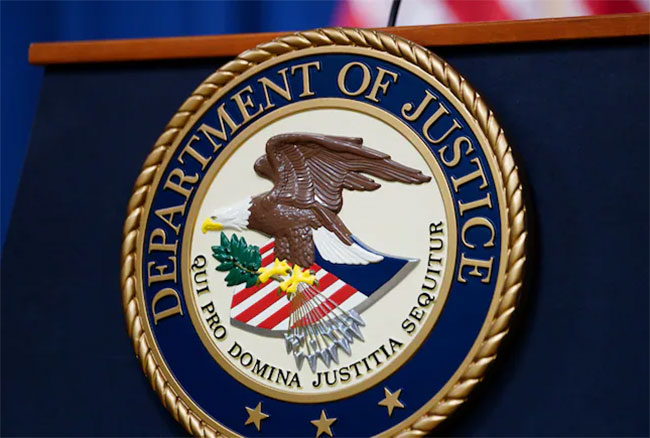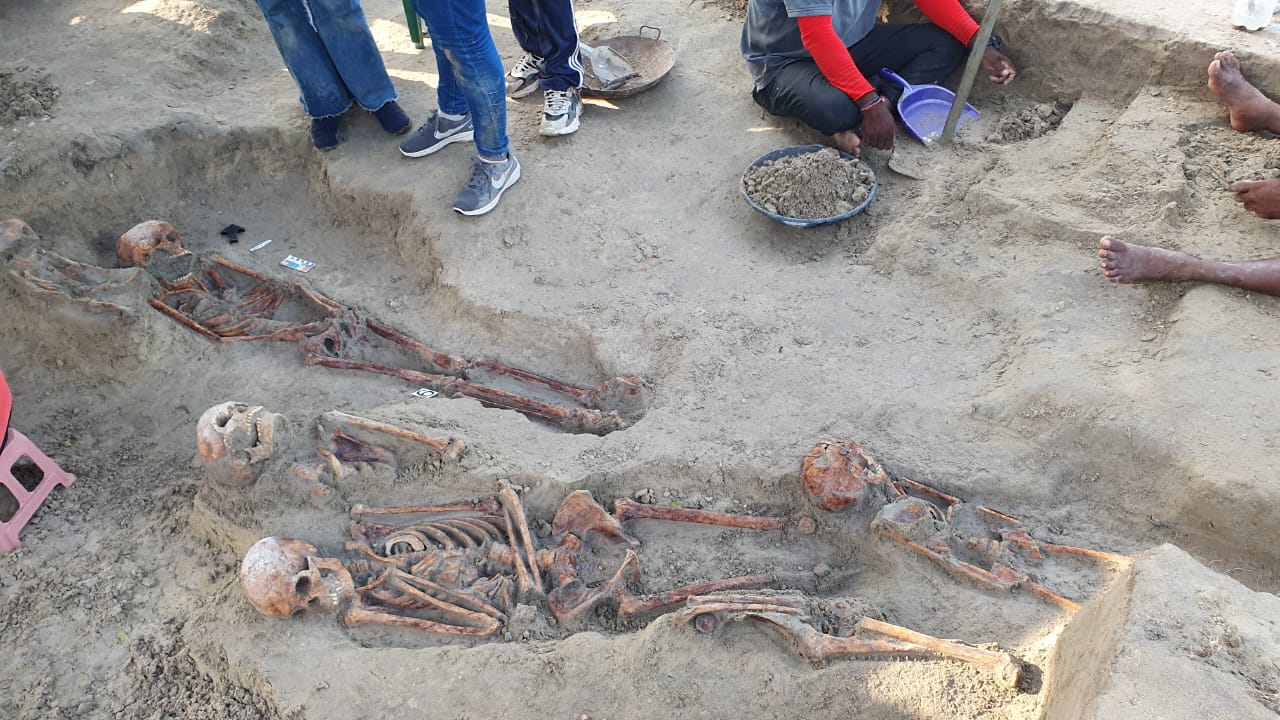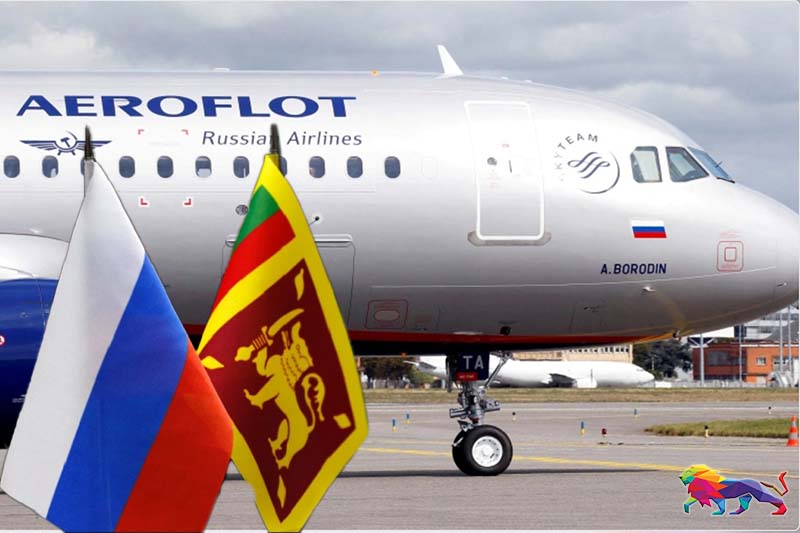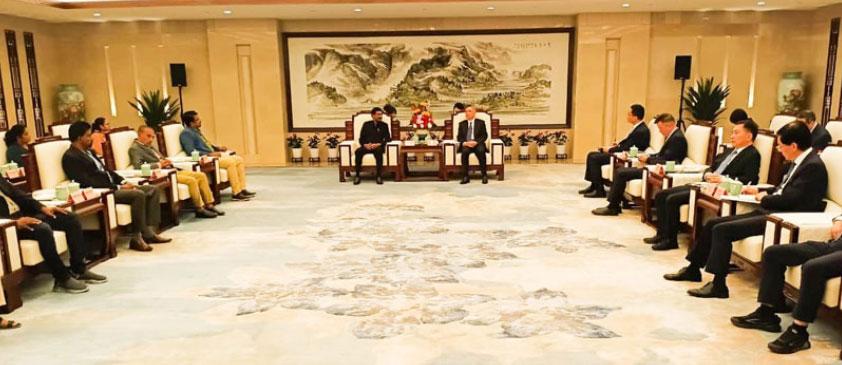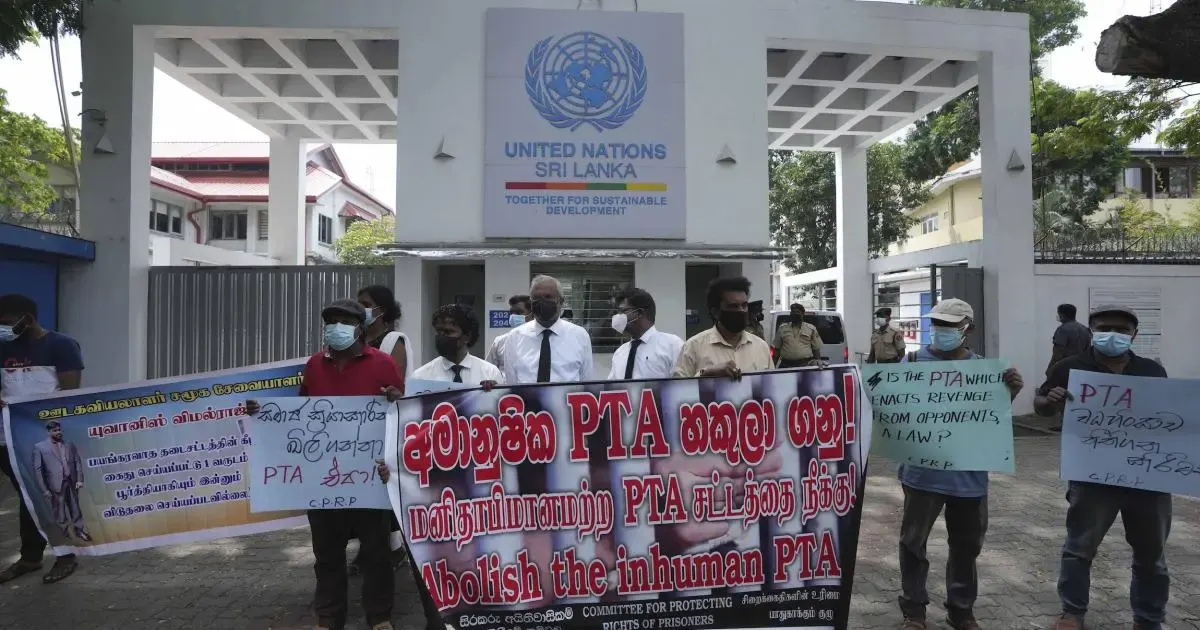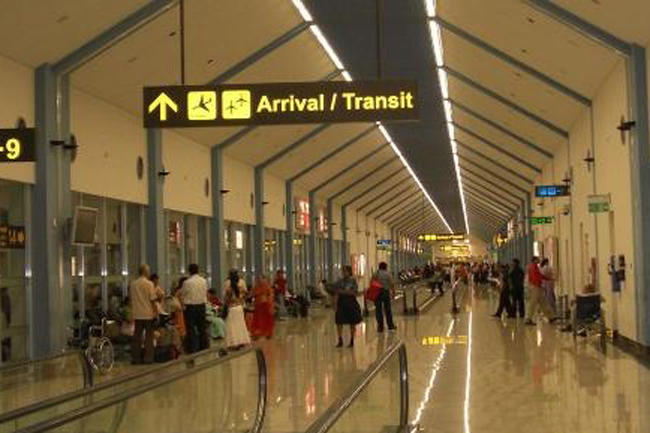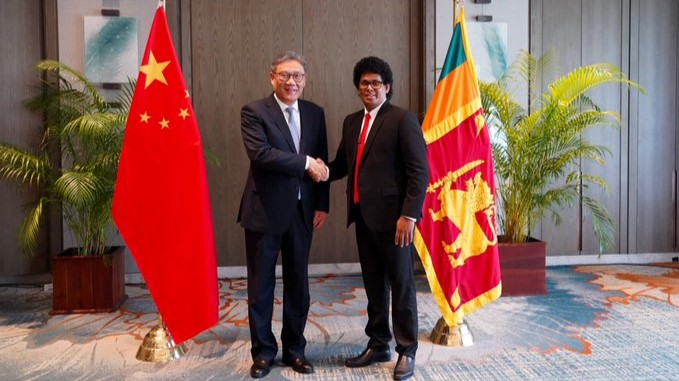Diverse stakeholders have sent in their submissions to the committee tasked with drafting a new anti-terror law, thereby repealing the existing ‘draconian’ Prevention of Terrorism Act (PTA) No.48 of 1979.
Officials at the Ministry of Justice told The Sunday Morning that a number of submissions had been received, including from prisoners. The next steps include reviewing the submissions, which may take between two and three months.
Adhering to international standards
Former Commissioner of the Human Rights Commission of Sri Lanka (HRCSL) Ambika Satkunanathan observed different submissions stating that Sri Lanka must not have a counter-terrorism law at all.
“However, various United Nations Security Council (UNSC) resolutions require member states to have a national counter-terror law. It is hypocritical of us to demand that governments adhere to UN conventions like the International Covenant on Civil and Political Rights or the Convention Against Torture, but ignore the UNSC recommendation on counter-terror laws.
“Hence, the problem needs to be tackled at the source, which is the UN counter-terrorism architecture and countries using it to craft hard and soft laws and create repressive, anti-human rights machinery in the guise of countering terrorism. If a state drafts a counter-terrorism law in strict adherence to human rights standards, then we may end up with a law similar to the Penal Code and not a repressive law that violates human rights,” she said.
“My stance stems from the fact that we must be consistent and principled in the positions we take in our advocacy and must strategically use the tools we have to push for reforms. Our stance must originate from a political analysis that is grounded in existing realities as no government, especially not this Government, will agree to not having a counter-terror law,” she pointed out.
Satkunanathan’s recommendations for proposed counter-terrorism legislation urges the Government to be precise in its definition of terrorism and adhere to the principles of necessity, proportionality, and legality.
She emphasised that offences must not include vague or overbroad terms such as ‘national, racial, or religious hatred,’ ‘incitement to discrimination, hostility, or violence,’ or ‘interference with essential services or supplies,’ as had been included in counter-terrorism bills issued by past governments. Such terms can be used to curb dissent and hamper legitimate civic liberties such as trade union action.
She made a number of other recommendations, including:
New counter-terror laws must not contain provisions that empower the armed forces to arrest persons for terror offences or engage in crime prevention.
Persons held in Police custody after arrest must have access to a judicial hearing to determine the legality of their detention within 48 hours of being detained. In the case of any period of extended detention occurring outside the context of actual criminal proceedings (such as investigative or preventive detention), the need for continued detention of the person must be regularly reviewed by a judicial authority, which must occur at least every seven days.
Persons must have the right of access to legal counsel and communication with family.
The use of administrative detention must not be included in proposed counter-terror legislation as it has been documented to enable torture in custody and the violation of human rights of detainees.
Magistrates must be legally required to undertake unannounced visits, at least weekly, to check on persons detained under counter-terrorism laws.
Provisions such as Sections 7(3) and 15A of the PTA must not be included in any proposed counter-terrorism legislation as both enable the removal of persons from the protection of judicial supervision, creating room for torture to be perpetrated.
Unfettered access of independent bodies such as the HRCSL to persons held in detention must be legally guaranteed, and any proposed legislation must include the requirement to inform the HRCSL once a person has been arrested for terrorism offences.
Under any proposed counter-terrorism laws, provisions related to bail must follow the national position, whereby award of bail is the norm rather than the exception.
Only confessions made before a judicial officer should be admissible as evidence in cases involving terror offences, as is the default national standard for all other cases.
Any new counter-terrorism legislation must not empower the president to take unilateral action, such as declaring curfew or restricting movement in ‘prohibited’ places, without adequate checks and balances such as court or parliamentary approval.
It must be ensured that counter-terrorism legislation does not impede the right to free speech and expression, by creating broad offences that criminalise sharing certain statements, publications, and sharing of information by media and on social media that can affect ‘national security’ or ‘public order,’ as has been proposed in past counter-terror bills.
Penalties under proposed counter-terror legislation must not include the death penalty as international standards stipulate that death sentences should only be imposed for ‘most serious crimes’ and terror offences do not meet this threshold.
Meanwhile, in its submissions, the Centre for Policy Alternatives (CPA) stressed that the standards contained in the PTA could not be used as a starting point for any new law as the country’s Supreme Court itself had highlighted significant deficiencies of the PTA.
Speaking to The Sunday Morning, CPA Senior Researcher Bhavani Fonseka said the CPA’s submissions also noted that although anti-terror laws existed to deal with terrorism, they often had a chilling effect on personal liberties.
The Law and Society Trust (LST) had also made submissions, the organisation announced on social media. Its submissions outline the systemic human rights violations enabled by the PTA, its failure to meet international legal standards, and the urgent need for a victim-centred reparations process.
No terror laws
Over 240 signatories, including the Movement for Peoples’ Council, are calling for the repeal of the PTA – and to not replace it with another anti-terror law. In its submissions to the Justice Ministry, the group noted the existence of at least 15 laws in the criminal justice system to address terrorism-related issues. “Therefore, there is currently no necessity for any special law on terrorism.”
The group also urged the Government to expedite justice to all those currently detained under the PTA through political and legal interventions, and called for a moratorium on the application of the PTA until its repeal. Additionally, it recommended that the State provide reparations for those who had been detained under the PTA and not convicted.
Submissions on mental health implications of PTA
A group of mental health professionals also made their submissions, informed by significant experience through their work as practitioners and researchers related to the impacts of war, as well as conflict-related and repressive political violence by State and non-State actors on society.
Highlighting that the damage to mental health and psychosocial harm caused by arbitrary and prolonged detention under the PTA was both “serious and long-lasting,” the group noted their ripple effects beyond the detainee to impact their family, such as:
Prolonged grief, stress, social ostracisation, economic hardships, and other vulnerabilities
Increased alienation from and mistrust in the State and justice system
Additionally, the severe and lasting psychosocial consequences of torture are well established.
“Post-Traumatic Stress Disorder (PTSD) is commonly diagnosed among torture survivors, with estimates suggesting that up to 80% may meet the diagnostic criteria.
“Additionally, torture is well documented to cause a range of other psychological difficulties, including depression, anxiety, fear of future torture, decreased energy, difficulty concentrating, uncontrollable anger, memory loss, sexual difficulties, loss of appetite, and social withdrawal, all of which may persist long after the physical or psychological abuse has ceased.
“Such psychological harm impairs individuals’ ability to reintegrate into society and maintain employment or relationships,” the group noted.
On behalf of the group, medical anthropologist and practitioner in the field of mental health and psychosocial support Ananda Galapatti told The Sunday Morning that they aimed to ensure that the Government’s deliberations on the PTA repeal and prospective lawmaking around counter-terrorism took into account the profound human suffering that had been caused by the abuse of this law.
“Too many people have suffered psychological, social, physical, and material impacts that cannot be undone now, and as a society it is necessary that we must prevent further harm being caused and offer meaningful reparations to those who have been victimised,” he said.
The Women’s Action Network (WAN) had primarily asked the Justice Ministry to engage in consultations with those who had been victimised by the PTA, particularly the women who had suffered while the men had been detained, said its Co-Founder Shreen Abdul Saroor. The WAN could facilitate the process, she added, urging Justice Minister Harshana Nanayakkara to attend such consultations.
Families in Kattankudy, who had been affected by the PTA when the State arbitrarily used it in the aftermath of the Easter Sunday terror attacks, have also made submissions, outlining the suffering they endured and the flawed nature of the law.
PTA’s impact on minorities
Saroor further said that they did not want any specific anti-terror laws as the PTA had been historically used to oppress minorities – the Tamil community especially during the civil war years and Muslims after the Easter Sunday terror attacks.
“Another law could target a particular community, based on their faith, like in Western countries,” she noted.
The Ilankai Tamil Arasu Katchi (ITAK) is also of the stance that anti-terror laws are not needed, ITAK MP Shanakiyan Rasamanickam told The Sunday Morning.
The Sri Lanka Muslim Congress (SLMC) adopts the same stance as the ITAK, SLMC Leader Rauff Hakeem said, calling for the complete abolition of the PTA, adding that it should not be replaced by a new law.
“An extraordinary law to handle terrorism contributes to abuse of it and to the inefficiency of the law enforcement agencies, which take shortcuts,” added Hakeem.
Committee stance
Speaking to The Sunday Morning, Rienzie Arsecularatne, PC – who heads the committee tasked with reforming the PTA – said they were currently studying the recommendations made by the Supreme Court when the proposed Anti-Terrorism Bill was challenged last year. This bill was introduced by the former Ranil Wickremesinghe administration, and prior to that, in 2018, the Counter-Terrorism Bill was gazetted by the ‘Yahapalana’ Government.
Arsecularatne said that once a new draft was produced by the committee, public observations would be called again.
The Foreign Ministry has promised the European Union (EU) a three-month timeline to replace the PTA with new counter-terrorism legislation that is in compliance with international standards. This timeline was communicated to an EU delegation that visited Sri Lanka in early May. Arsecularatne added that the committee was attempting to work within this timeline.


